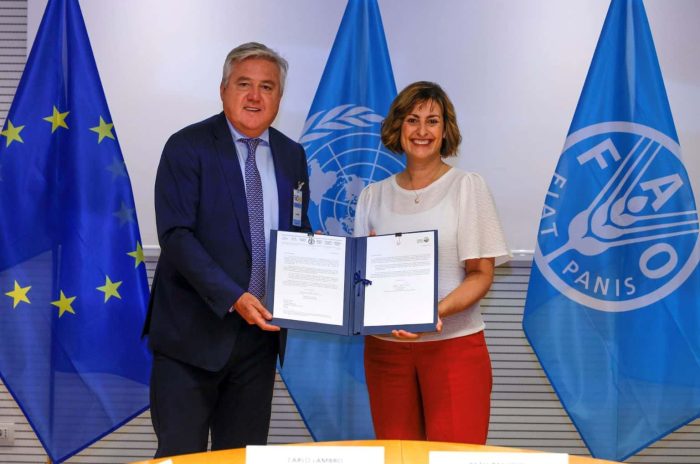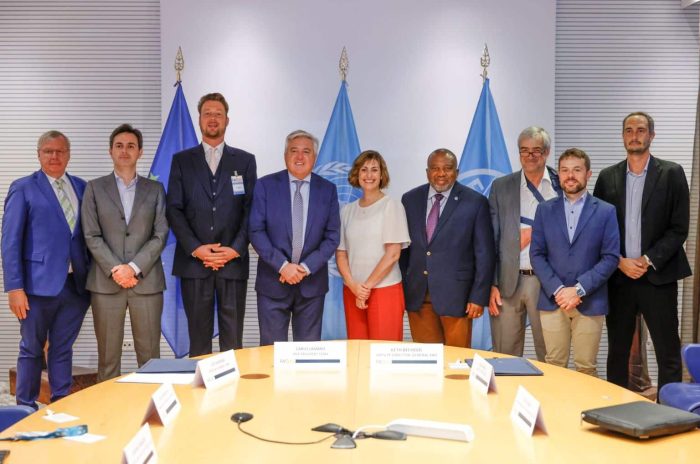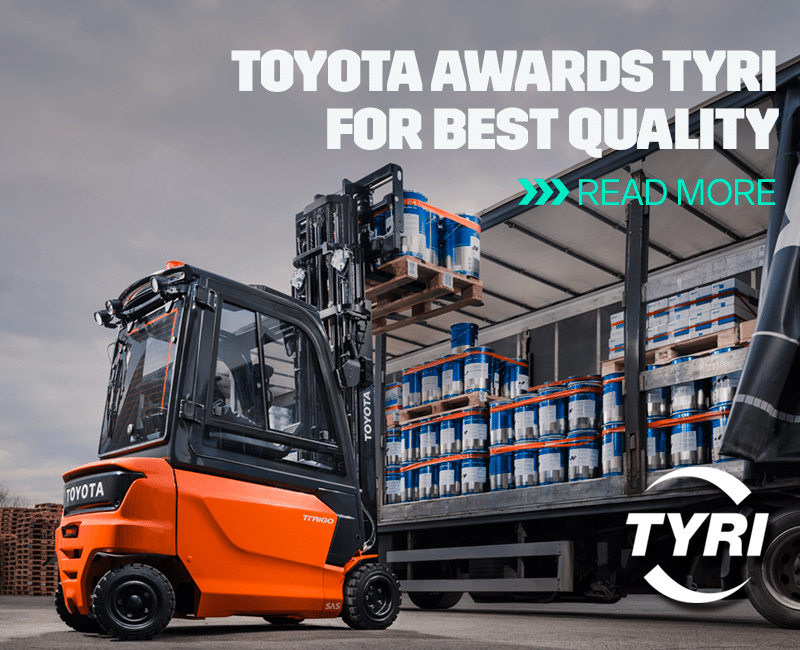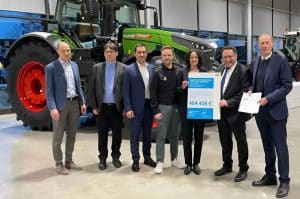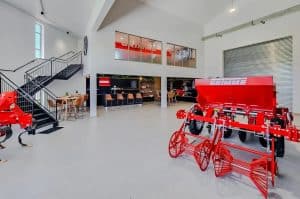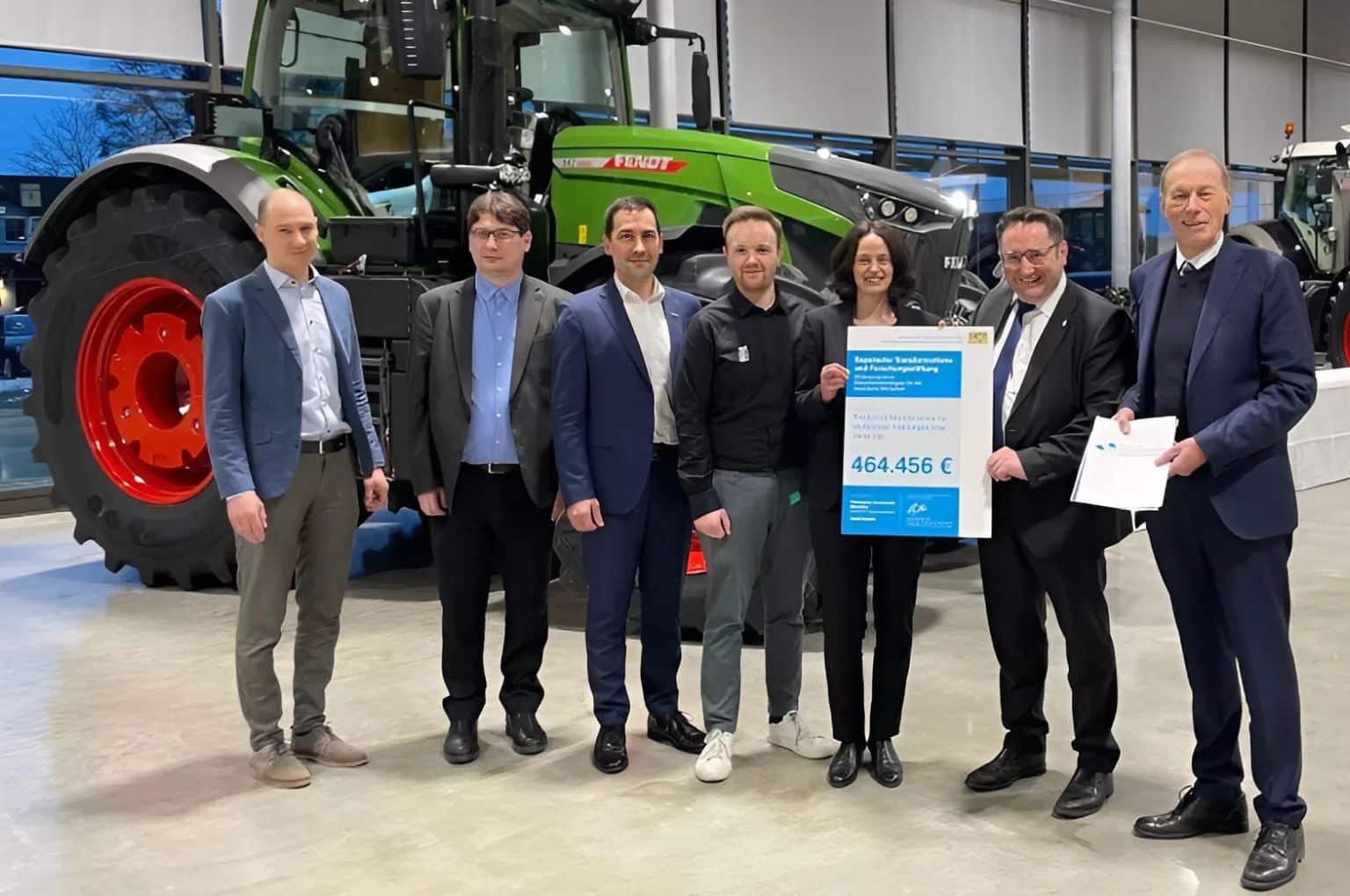The European Agricultural Machinery Association (CEMA) and the Food and Agriculture Organization of the United Nations (FAO) have renewed their Memorandum of Understanding (MoU), extending a decade-long partnership to promote sustainable agricultural mechanization (SAM) and innovation in farming systems worldwide.
Since 2015, the two organizations have worked together to advance sustainable, inclusive and climate-smart mechanization through policy dialogue, technical collaboration and knowledge exchange. The renewed MoU broadens cooperation to include digital technologies and artificial intelligence, strengthening efforts to help farmers boost productivity while reducing emissions and labor constraints.
“In this next phase of the partnership, we will not only continue promoting sustainable agricultural mechanization at the smallholder farmer level but also explore the application of precision and digital agriculture, including artificial intelligence,” said FAO Deputy Director-General Beth Bechdol. “We will leverage CEMA’s technical expertise together with FAO’s Science and Innovation Strategy – including work on safety guidelines for drones and pilots of small agricultural robots.”
Over the past decade, joint achievements have included the launch of the Framework for Sustainable Agricultural Mechanization for Africa (F-SAMA), CEMA’s Position Paper on SAM presented to the European Commission, and the first agricultural machinery exhibition organized during FAO’s Global Conference on Sustainable Agricultural Mechanization (GAMC) in 2023.
“Our partnership with FAO reflects CEMA’s strong commitment to advancing sustainable farming through innovation and collaboration,” said Carlo Lambro, CEMA Vice-President. “Agricultural machinery has the power to transform lives, and together we are ensuring that this transformation is sustainable, inclusive and beneficial for farmers everywhere from Europe to Africa and beyond.”
Looking ahead, CEMA and FAO will deepen cooperation on field implementation and data-driven policy support, reaffirming their shared vision of a more productive, resilient and climate-smart agricultural future.



